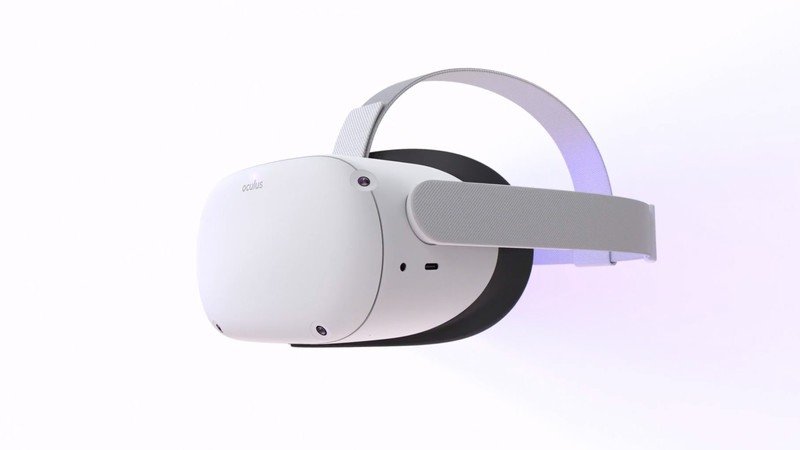Top 7 things we want to see from Meta and the Oculus Quest 2 in 2022
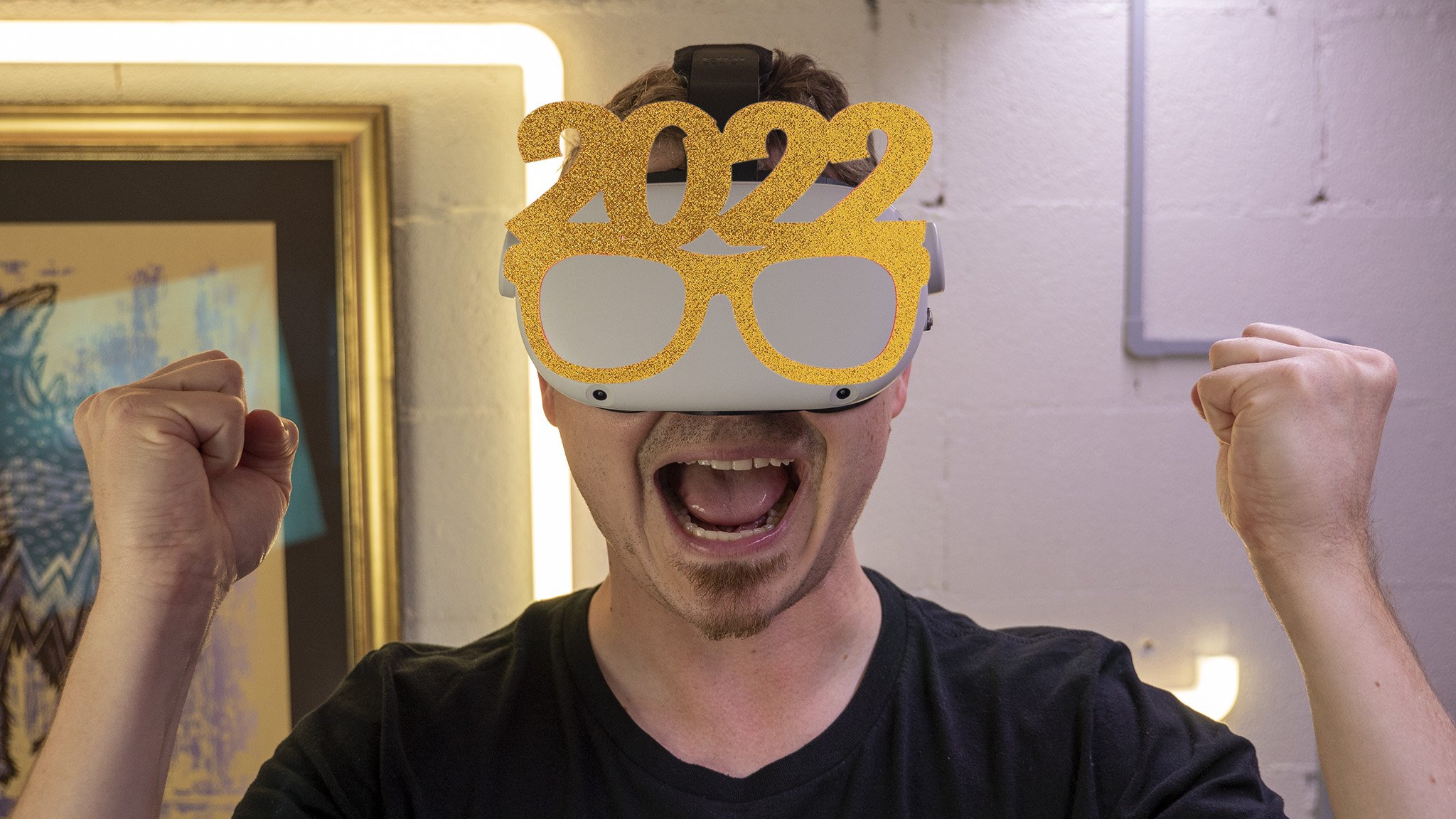
To say 2021 was a great year for VR is an understatement. The Oculus Quest 2 broke records left and right, selling 10 million units — that's roughly 2 million more than Xbox Series X|S have been sold — and Quest 2 users have been treated to huge platform updates every single month.
In fact, the Quest 2 has been the best-supported console in recent memory. From small updates like adding your couch to VR and multitasking apps, to massive enhancements like the addition of AirLink and 120Hz and cloud save and multi-user support, just about everything we wanted to see changed with the Quest 2 in 2021 has happened.
So what does that leave us with? There are certainly a few things we can think of that we'd like to see from the Oculus Quest 2 in 2022 — as well as from Meta itself — that would more than help cement the Quest 2 in the annals of console history. Some analysts are even predicting that the Quest 2 will go on to sell more than the Nintendo 64 by the end of its life, a feat that makes sense given its innovative nature and a slew of excellent Quest 2 games to play first.
1. Ditch Facebook accounts
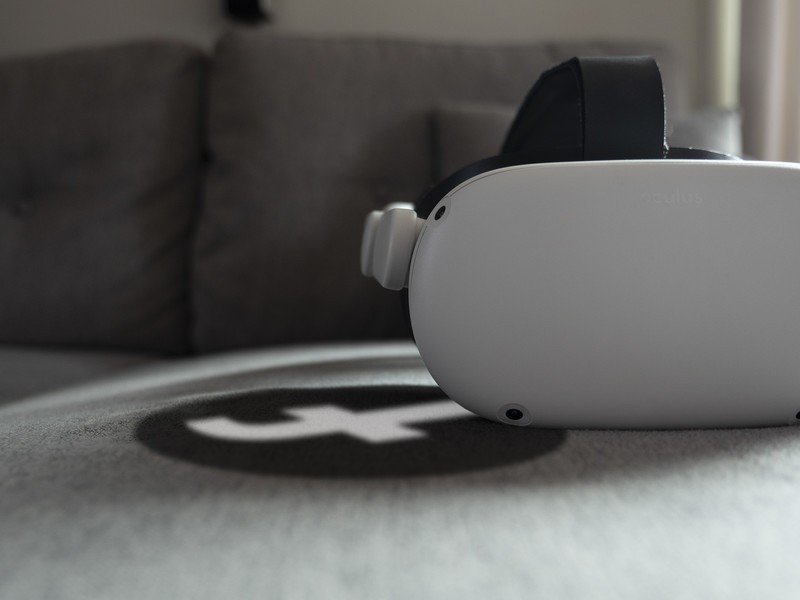
Alright, so we already know this one is coming — Meta said as much back in October — but there's been no update on the status of this crucial change since it was announced.
Initially, Meta said that it would be testing a new type of account login system with business partners by the end of 2021, with a consumer roll-out sometime in 2022. The hope, of course, was to see this change happen earlier in 2022 rather than later, but no news certainly isn't good news on this front.
If you haven't been a Quest user for very long, here's the brief history behind Meta's controversial forced Facebook login. When the Quest 2 launched in October 2020, a Facebook account was required in order to log in and even use the headset. While this isn't unheard of — after all, you need a Nintendo account for a Switch, a Microsoft account for an Xbox, and a Sony account for a PlayStation — the inclusion of a Facebook account meant you could have your access restricted just for your bad social media posting habits.
Without any sort of official backup plan, folks with banned Facebook accounts could no longer play Quest games they actually purchased. It's pretty obvious why this is a bad thing and why it needs to change ASAP.
Be an expert in 5 minutes
Get the latest news from Android Central, your trusted companion in the world of Android
2. App Lab improvements
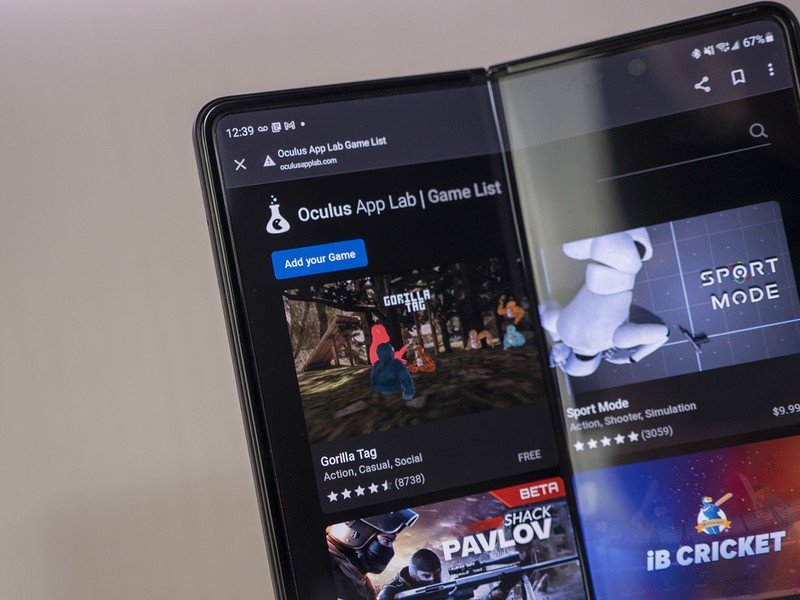
Earlier this year, Meta launched a brand new indie-focused app store called App Lab. While App Lab has hundreds of apps and games that Quest users can download, it's got one huge problem: finding app lab games and apps is a mess. There's no way to actually browse what's on App Lab. You'll either need a direct link or have to type in the name of the app or game specifically in order to find it.
To say that's a problem for indie developers is putting it lightly. Without proper social media traffic or other ways to promote their apps, developers with titles stuck in App Lab that haven't been graduated to the Oculus Store are in quite a pickle.
Considering how successful the ID@Xbox program has been, it would be nice to see Meta take some big cues from Microsoft in 2022 and throw indie developers a bone.
3. More transparency
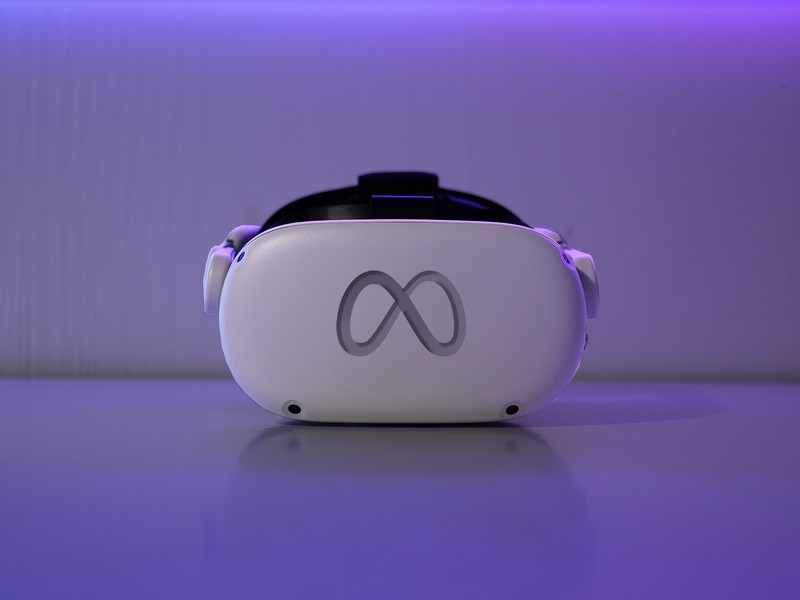
This one goes hand-in-hand with the App Lab issue, as Meta has been infamously quiet on why some apps get stuck in App Lab and why others are able to graduate to the Oculus Store. This needs to change.
Things have certainly been improved on this front — App Lab now supports DLC for great free games like Gorilla Tag, for instance — but Meta hasn't been clear enough in its communication to developers and what it'll take to move to the big boy Oculus Store.
This also pertains to Meta as a wider company. Facebook has a bad reputation throughout a significant portion of society, and the rebranding to Meta, along with significant cultural changes at the company, could help heal those wounds and create trust where there currently is none. It's a tall order to ask for this, but it has to be done to keep the brand alive.
4. More big-name games like RE4, GTA
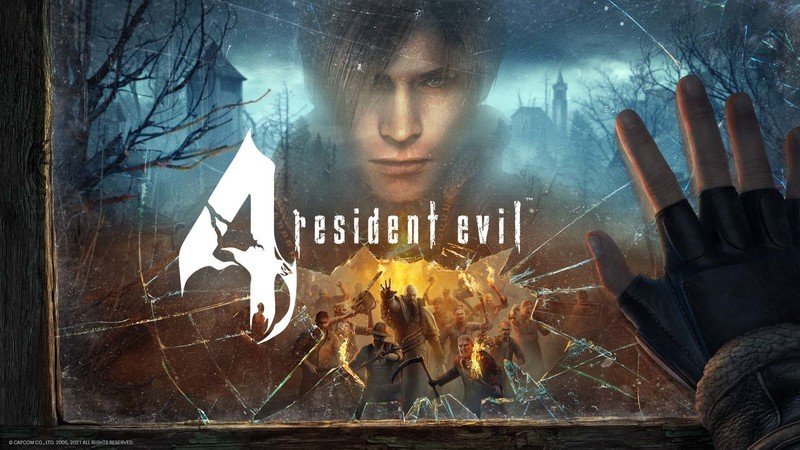
After the absolutely stellar Resident Evil 4 VR port to the Quest 2, we're absolutely salivating for more big-name classic reboots in VR.
We know for sure that GTA: San Andreas is coming to Quest — a port that's going to be absolutely epic, so long as Rockstar doesn't mess it up like the Grand Theft Auto: The Trilogy - The Definitive Edition — and there are so many other big names we can think of that would fit perfectly in VR on Meta's Quest 2.
Some ports of these games already exist in the PC VR space, but we can imagine casting spells in a VR remaster of The Elder Scrolls IV: Oblivion, sneaking along as Solid Snake in Metal Gear Solid, or exploring the cyber augmented future of Deus Ex.
Thankfully, we already know that new entries in the Splinter Cell and Assassin's Creed series are coming to the Quest platform, so it's just a matter of time before we see more.
5. Quest Pro

No one wants the Quest 2 to be replaced anytime soon, but that's what's so great about the Oculus Quest Pro. Much like the PlayStation 4 Pro or the Xbox One X before it, the Oculus Quest Pro isn't a replacement for the Quest 2. It's designed to offer an even better experience for players willing to shell out more money.
Given that the Quest 2 came out roughly 18 months after the original Oculus Quest, it's not hard to believe that the Quest Pro will make its debut in 2022 to directly compete with Sony's PSVR 2 on PS5.
Meta announced Project Cambria in October 2021, giving a brief glimpse into the future of the Quest platform. The Quest Pro should bring an even better display than the Quest 2 (hopefully an OLED panel) and it's likely that Meta will help debut another XR-focused chipset from Qualcomm with the launch, meaning it'll have more graphical prowess than the Quest 2.
Being able to run existing games at higher resolutions and with higher framerates is certainly a great thought, but the Quest Pro is also rumored to have some sort of full-body tracking for apps like VR Chat that support the feature. Not only that, but improved controllers could add in PS5 DualSense-like triggers, making VR worlds feel as real as they look.
6. New PWA apps
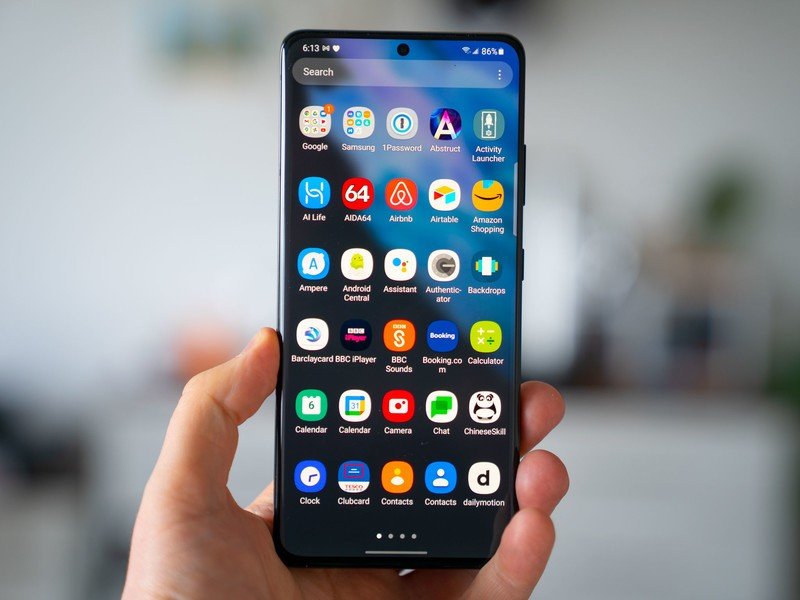
Meta added Progressive Web Apps (PWA) to the Quest 2 in October but it's been pretty slim pickings since the initial release. The idea here is to be able to multitask with your favorite apps while in VR, meaning you won't have to take the headset off to message friends in Discord or to scroll through your Twitter feed.
PWA apps also enable a significant amount of productivity in a headset that's still primarily focused on gaming, bringing about new ways to work from home, especially since you can use a keyboard and mouse on the Quest 2. That means you can easily use three virtual monitors in any space instead of having to sit in a dedicated office of some kind.
7. More games with passthrough and voice commands
Passthrough, or the ability to use the four cameras on the front of the Quest 2 to display your surroundings in VR, recently launched with the most recent Blaston update, and it's amazing what such a feature could do for game variety. In Blaston's case, the environment around you transforms into a magical outlined version of the room you're standing in.
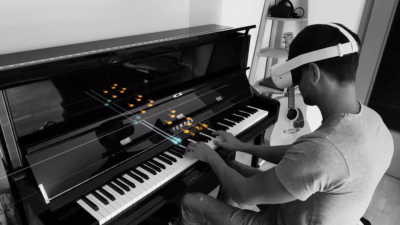
In other cases, passthrough could be used to create a zombie shooter in your own home, taking up the entirety of your house without worrying about running into a wall or tripping over hazards along the way.
There's also no discounting how amazing voice commands can be in games. Whether it's commanding AI-controlled teammates to flank your enemies or sending a text message with a virtual assistant while in VR, the potential for voice commands and passthrough experiences is better than ever thanks to the launch of a bunch of new Quest development tools express-built for these purposes.
Bring it on
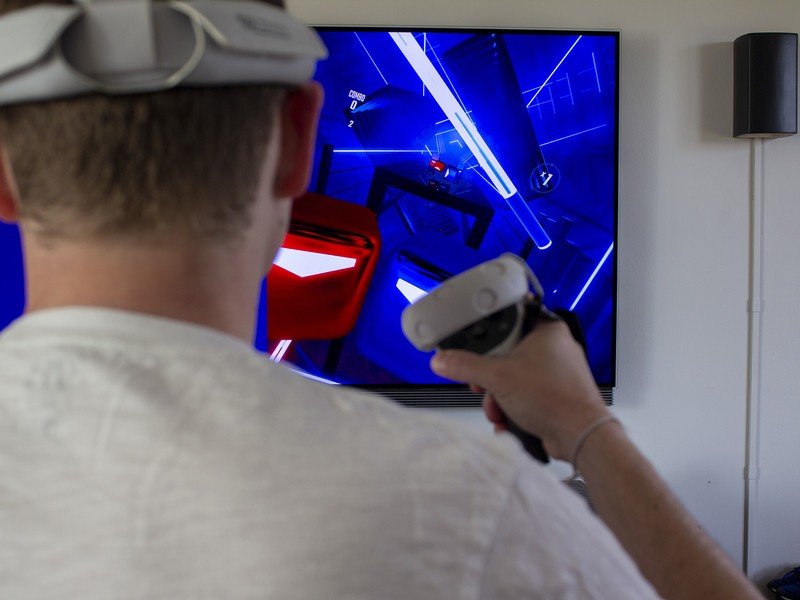
The Quest 2 is on its way to being one of the more successful consoles this generation, especially if Christmas 2021 is any indication. Swaths of developers have noted a massive uptick in sales, concurrent players, and every other metric that shows that VR has finally hit the mainstream in a big way.
Now it's just up to Meta to keep the momentum going. Will this be the year we finally get rid of forced Facebook logins and see Meta pivot to a more respectable company with the Quest 2? The first is all but a guarantee, but Meta still has plenty of work to do on the latter. We can certainly hope, though, and that's why this is a wish list.

